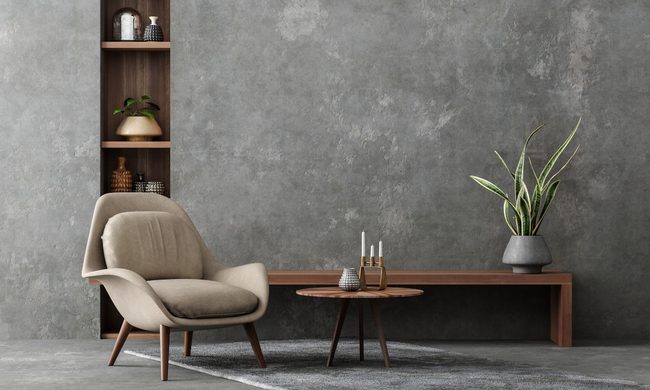We all love a good night’s sleep. After all, it’s an important factor when it comes to being both happy and healthy. If you are experiencing habitual sleeplessness or feel like you aren’t getting enough shuteye, you might want to consider getting a sleep tracker. This device uses metrics such as your heart rate, respiration, and movement to give you a better understanding of your sleep patterns and lifestyle. It’s not a replacement for exercising, eating well, and following a consistent sleep schedule, but it can help improve the quality of your Z’s and might reveal the reasons why you aren’t sleeping as well and as much as you should.
Sleep trackers come in varying shapes and sizes. From the familiar wearables like fitness bands and smartwatches to bedside gadgets and pads that are put under the mattress, each has its own set of advantages and disadvantages. We’ve hunted down eight excellent sleep trackers for specific purposes and compiled them here to help you decide which one fits your needs best.
Note: If you have a thinner mattress, you may see more accurate information with many of these sensors. Sensors are, generally speaking, designed to track only one person’s rest. Pets who sleep on the bed may also throw off results, although that’s not always a factor.
At A Glance
- Best tracking mat: Withings Sleep Tracking Pad
- Best for iOS users: Beddit Sleep Tracker
- Best for athletes: Emfit QS
- Best for sleep apnea: Viatom Overnight Wrist Oxygen Monitor
- Best for kids: Sleep Number SleepIQ Kids k2 Bed
- Best wearable: Garmin Vivosmart 4
- Best for improving sleep: Philips SmartSleep Deep Sleep Headband
- Best bedside tracker: SleepScore Labs Max Sleep Tracker
Best tracking mat: Withings Sleep Tracking Pad
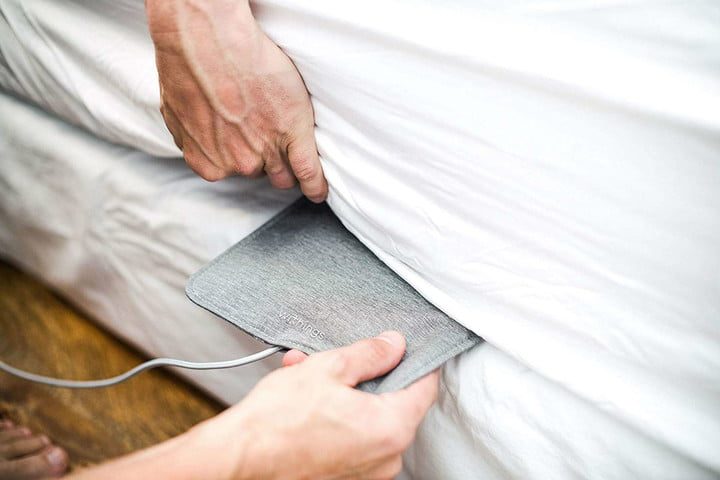
Withings produced a number of excellent trackers, and this sleeping mat is one of the best smart sleep devices around. Put it under your mattress, and it will keep track of your sleep cycles, breathing, snoring episodes, disturbances, and more. Using the app, you can chart your sleep, watch for problems, and monitor conditions, like sleep apnea, to see what improves your sleep.
If you don’t like looking at charts, Withings provides a simple sleep score that sums up how your night went. You can also get personalized suggestions and tips on how to get a better night’s sleep based on your results. It’s one of the best tracker options available, and it doesn’t require adding any devices to your nightstand!
Best for iOS users: Beddit Sleep Tracker
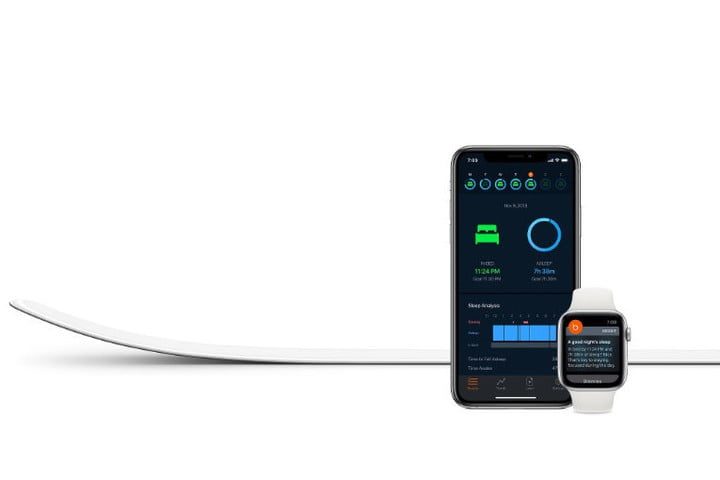
Beddit is one of the original sleep trackers that didn’t require you to wear something likely to interfere with your sleep. The Beddit shrinks the sensor even more — so much so you’ll likely not even feel it there. It’s only 2 millimeters thick. You can also track all kinds of sleep data using the Beddit (for Model 3.5) app, including sleep duration, snoring, quality, respiration rate, and even your heart rate, and the device automatically knows when you’re asleep so you don’t have to bother with anything.
Best for athletes: Emfit QS
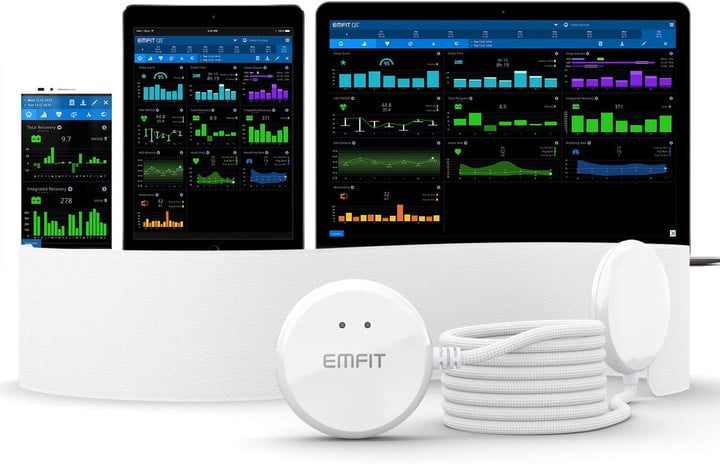
Another sensor designed to fit under your mattress (with a partner device monitoring from the side), the Emfit QS excels at high-quality, plentiful data for heart rate, breathing rate, sleep cycles, movement, time asleep, and more. It’s specially designed for athletes who are trying to maximize the amount of healthy sleep they get, but anyone can use it for accurate results. It boasts a particularly powerful “ballistocardiograph” for monitoring bio-signals and tracking useful information.
Best for sleep apnea: Viatom Overnight Wrist Oxygen Monitor
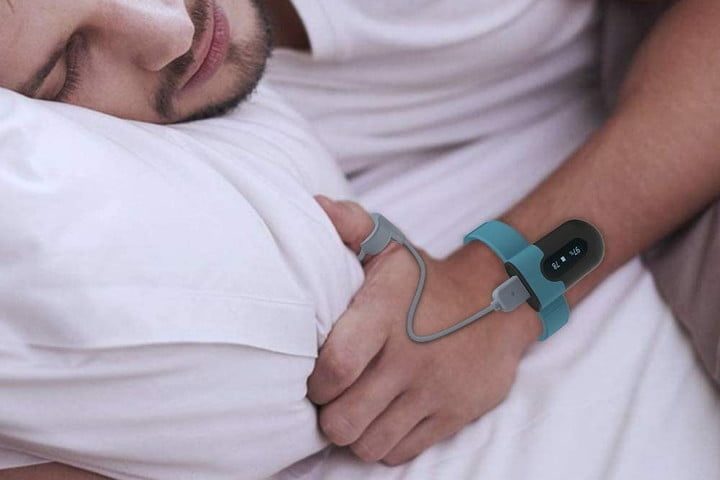
This particular sleep monitor is designed for a very specific purpose: It measures blood oxygen levels and is designed for medical conditions where this may be an issue. If the monitor detects extra-low blood oxygen or problems with your heart rate, it has a small vibrator that will buzz to wake you up. The whole thing is powered by a rechargeable battery that lasts 12 to 16 hours, so there’s no annoying cords or cables to worry about. It’s also really simple to use, turning on automatically and downloading data when connected to your computer.
Best for kids: Sleep Number SleepIQ Kids k2 Bed
Sleep Number’s SleepIQ for kids makes a lot of sense, even if the bed might be a bit on the pricey side. It’s a mattress with an integrated sleep monitor, which allows parents to monitor their child’s sleep patterns directly from an app. It’s similar to other Sleep Number mattresses, except this one has a few incentives to please the tykes, including gold stars for a good night’s sleep and a “monster detector” that illuminates the space under the bed when the kid wakes up. The mattress also monitors sleep without the need for a bracelet or mattress pad, and the bed comes equipped with a night light parents can turn off remotely when their child falls asleep. Parents can even receive alerts when their child leaves the bed.
Best wearable: Garmin Vivosmart 4
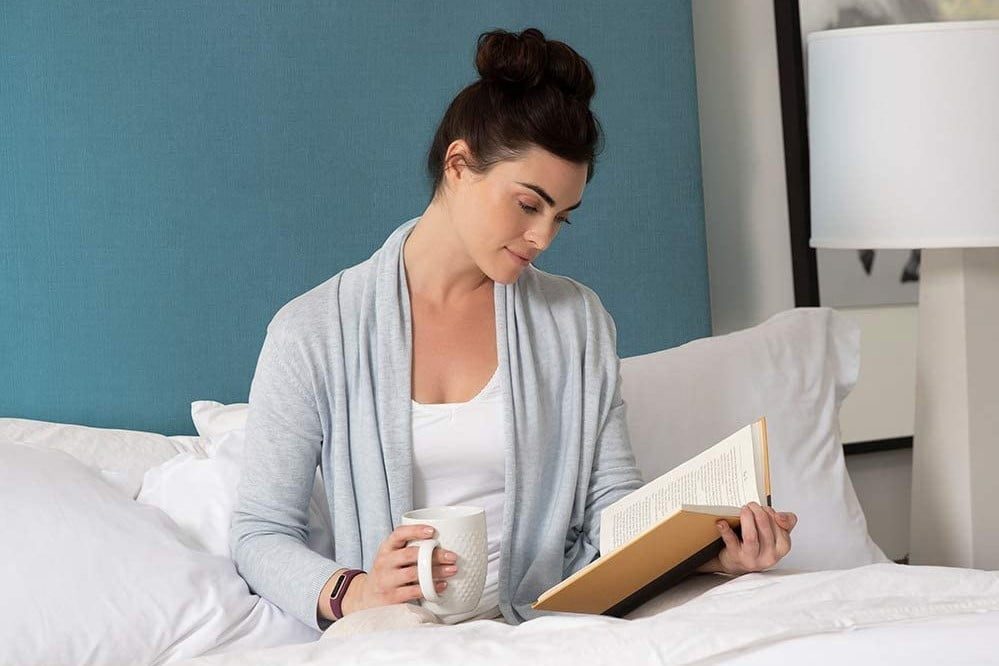
The Garmin Vivosmart 4 may be a fitness tracker first, but it also stands out in the sleep monitoring arena. This fitness band uses heart rate data and movement sensors to break down your sleep into stages. It can identify how many hours you slept, how long you were in each stage of sleep, how restless your sleep was, and how often you were awoken in the night. Moreover, this device has a pulse oximeter to measure blood oxygen levels throughout the night, which is also great for determining sleep disturbances.
Best for improving sleep: Philips SmartSleep Deep Sleep Headband
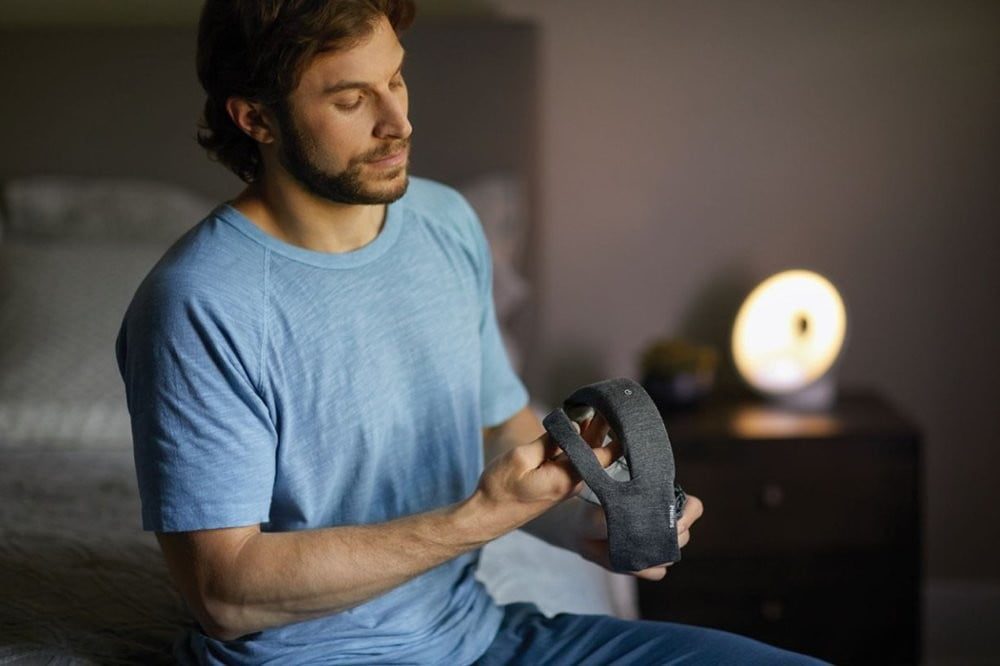
If you’re keen on improving the quality of your sleep and don’t mind wearing a headband while you’re at it, might we suggest the Philips SmartSleep Sleep Headband? This device boasts a clinically proven technology that helps increase alertness, improve energy, and lessen daytime sleepiness to get you through your day. When paired with the SleepMapper app, it can measure key metrics and track your sleep patterns over time. These include detection when you are in deep sleep, monitoring of sleep level, and notification on how much sleep boost you acquired. The headband uses self-adhesive dual sensors for highly accurate tracking (30 pieces included).
Best bedside tracker: SleepScore Labs Max Sleep Tracker
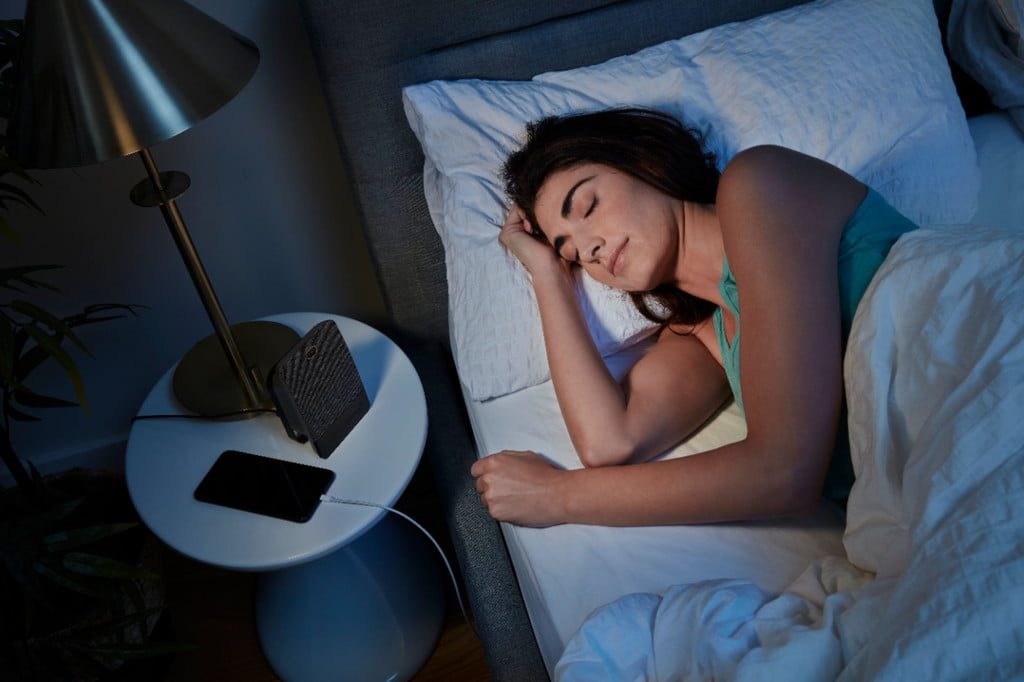
The SleepScore Labs Max Sleep Tracker is a no-contact sleep monitor that’s perfect for those who are not comfortable with wearing a device or putting one on the mattress that might impede sleep. This model is equipped with bio-motion sensors that can track your movements and respiration all night long. It will then come up with comprehensive sleep reports and compare your nightly sleep to what’s ideal based on your gender and age. In addition to providing detailed sleep insights and analysis, this tracker also offers personalized science-based advice for your sleep needs. It works with the Special SleepScore Max app which is compatible with most Android and iOS devices.
As the movement to quantify everything we do continues at a feverish pace, sleep-tracking tech is becoming more and more common — it’s no longer just a secondary feature of fitness trackers. The overarching idea is that with additional information about the quality of your sleep, you can begin to make lifestyle changes to promote a healthier night’s rest.


